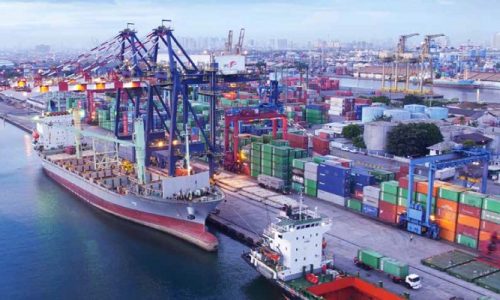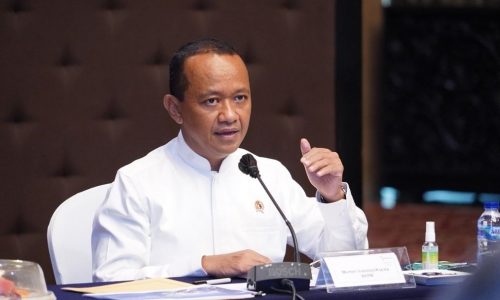Renewable energy record pushes the world towards a new era of less fossil-based electricity.
London, May 8, 2024 − The growth of solar and wind power pushed global renewable electricity to surpass 30 percent for the first time in 2023. Unfortunately, renewable energy growth in Indonesia is not as high as the global trend, with only 20 percent of electricity coming from renewables in 2022.
This refers to the annual report “Global Electricity Review 2024” released by EMBER, a global think tank. The report states that since 2000, renewable energy-based electricity in the world has increased from 19 percent to more than 30 percent. This was driven by an increase in the use of solar and wind power from 0.2 percent in 2000 to 13.4 percent in 2023. Thanks to this, the CO2 emissions intensity of global power generation reached a record low in 2023, 12 percent lower than the peak global CO2 intensity in 2007.
“A renewable energy-based future is becoming a reality,” Aditya Lolla, Asia Program Director of EMBER, said. “Solar power, in particular, is growing at an unprecedented rate.”
Indonesia, however, has not experienced similar growth. Solar and wind power generation in Indonesia will only reach 0.2 percent by 2022. In contrast, ASEAN countries such as Vietnam have reached 13 percent of electricity from solar and wind by 2023.
“As the world races to adopt renewable energy, Indonesia cannot afford to lag behind Vietnam and India. Companies and investors are increasingly demanding the availability of clean energy for their investments,” Putra Adhiguna, Managing Director of Energy Shift Institute, said.
Solar power is the leading supplier of electricity growth worldwide, generating twice as much additional electricity as coal by 2023. Solar maintained its status as the world’s fastest-growing electricity source for the 19th consecutive year, surpassing wind power, and making it the largest source of new electricity for the second year in a row.
Crucial turning point
The EMBER report concludes that the rapid growth of solar and wind power brings the world to a crucial turning point, where fossil-based electricity generation declines globally, projected to fall by 2 percent by 2024. Moreover, the forecast growth in electricity from clean energy sources gives confidence that a new era of power sector emissions reductions is about to begin.
The growth of clean electricity helped slow the growth of fossil electricity by almost two-thirds in the last 10 years. Because of this, half of the world’s economies have already passed peak fossil energy production in the last five years. However, Indonesia has not yet reached peak emissions in its power sector.
According to EMBER’s renewables target tracker, the Just Energy Transition Partnership (JETP) proposes that 44 percent of electricity generation in Indonesia should come from renewables by 2030. However, this is contingent on the mobilization of JETP funds in the coming year, to realize the projects proposed in the comprehensive investment and policy plan (CIPP).
“We are witnessing change at the global level, and Indonesia’s new government needs to consider the macro implications and opportunities of the energy transition, beyond the traditional fixation on narrow cost-benefit figures of grid operators,” Putra said.
EMBER underlined that key enabling factors-high-level policy ambition, incentive mechanisms, and flexibility solutions-are driving the rapid growth of solar and wind power, particularly in China, Brazil, and the Netherlands.
“Scaling up clean electricity is not only aimed at reducing carbon emissions in the power sector,” Aditya Lolla concludes. “It is also necessary to meet the increasing demand for electricity in an increasingly electricity-based economy and decouple economic growth from emissions, which is critical in addressing climate change.”
At the UN climate change conference, COP28, last December, world leaders agreed to double global renewable energy capacity by 2030. If the target is met, the world will generate 60 percent of its electricity from renewable sources by 2030, which will nearly halve power sector emissions and put the world on track to meet the 1.5 C climate goal.
The Global Electricity Review presents the first comprehensive overview of the global electricity system in 2023 based on multi-country data. Today’s report includes the world’s first open dataset of 2023 electricity generation, covering 80 countries and representing 92 percent of global electricity demand, as well as historical data for 215 countries.









